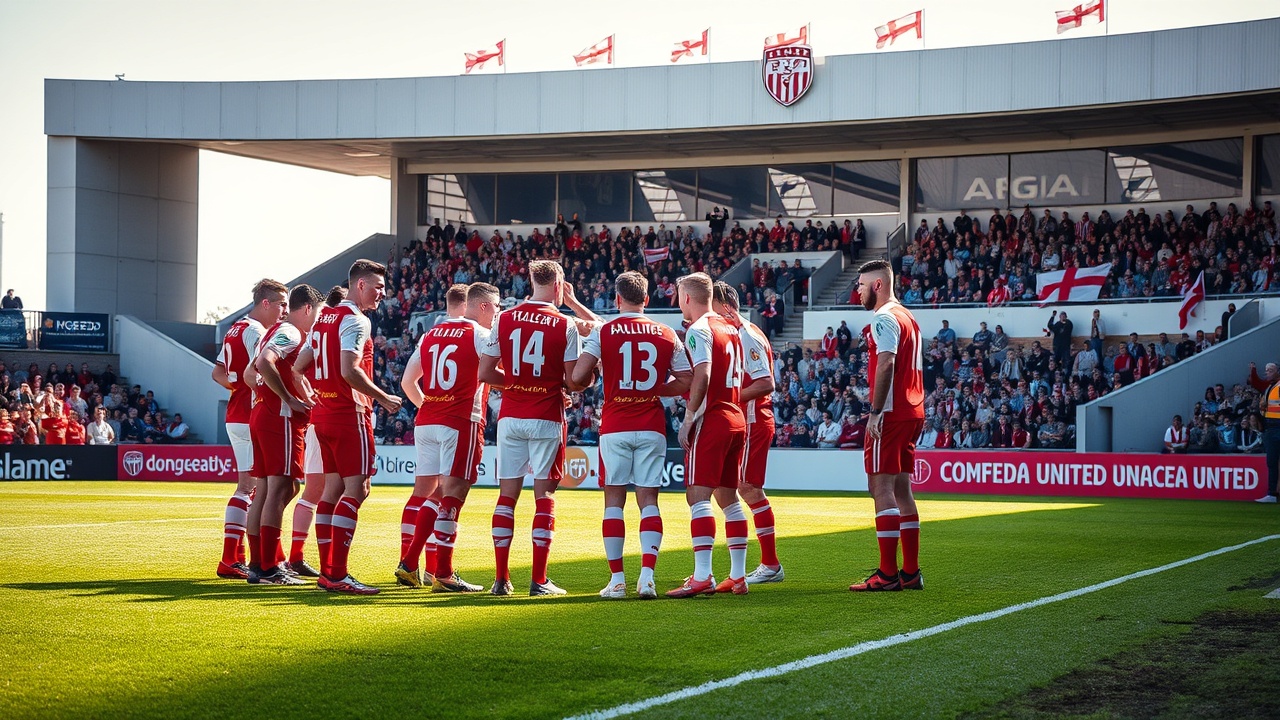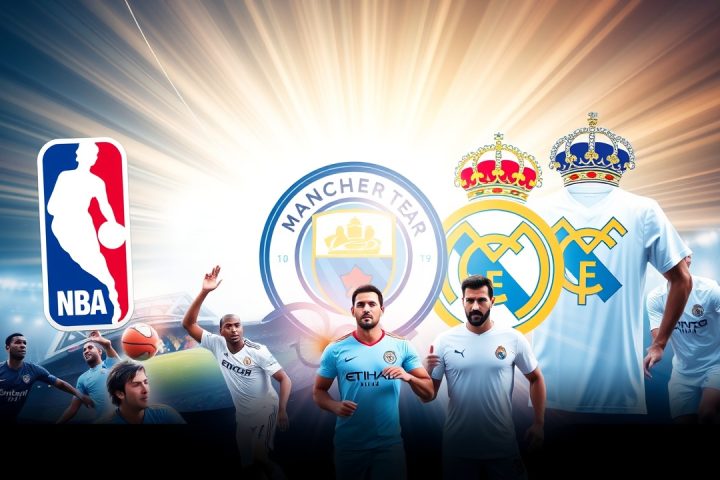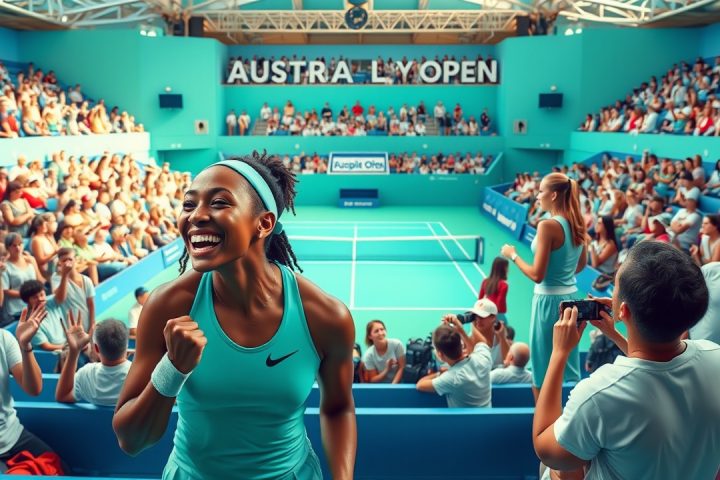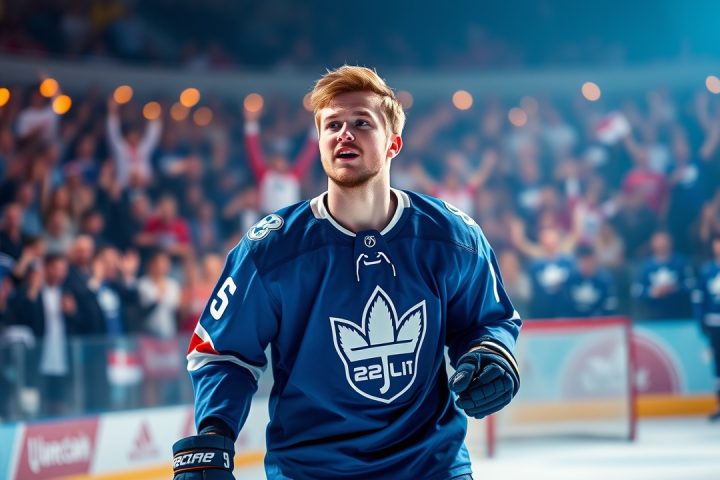Drogheda United Appeals UEFA Exclusion
Drogheda United, a prominent club in the Irish football scene, is contesting its potential removal from the UEFA Conference League by appealing to the Court of Arbitration for Sport (CAS). The club has recently received a notification from UEFA regarding their exclusion from the tournament, citing a conflict with regulations concerning multi-club ownership.
Ownership Conflict and Club’s Response
The issue arises because Drogheda shares majority ownership with Danish team Silkeborg IF, both of which are controlled by the same entity, Trivela Group.
In a statement issued by Drogheda, officials expressed their sentiment that the decision is
“harsh and unfair,”
arguing that UEFA’s rules prohibiting dual ownership in the same competition have not been clearly communicated and enforced. The club claims that they have proactively engaged with UEFA for several months, proposing a series of solutions including share dispositions, trust agreements, and other initiatives aimed at complying with recent guidelines from UEFA’s Club Financial Control Body (CFCB). Unfortunately, these efforts were met with rejection, according to the club.
Implications of UEFA’s Decision
The pressing deadline for resolving issues related to multi-club ownership was on March 1, after which UEFA confirmed Drogheda’s non-admittance into the Conference League due to these concerns. This decision allows Silkeborg, which achieved a better performance in their league last season, to take Drogheda’s place in the competition.
Wider Impact on Other Clubs
This situation reflects a broader pattern impacting other clubs, as seen with Crystal Palace. The Premier League side is navigating a similar predicament due to John Textor’s Eagle Football controlling significant stakes—43% in Crystal Palace and 88% in Lyon, which has also qualified for the Europa League. Despite securing a place in the Europa League through their FA Cup victory over Manchester City, Palace’s involvement in their first European tournament could be jeopardized unless they reach an understanding with UEFA. The club has submitted their case for consideration.
UEFA’s Regulations on Ownership
UEFA’s regulations clearly outline that no club involved in its competitions may control or influence another participating club, whether directly or indirectly. This includes limitations on ownership, management, and operational capacities across multiple clubs linked by the same entity.
It’s worth noting that last year, UEFA relaxed some of its earlier rules, permitting owners to engage in various clubs competing in different tournaments. Under these modified rules, if Palace were placed in the Conference League, they could still face issues due to ownership overlaps, particularly involving clubs like Brøndby, owned by another partner in their ownership group.




